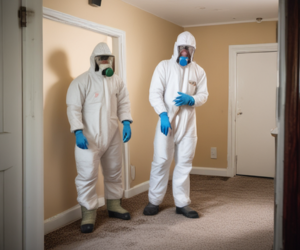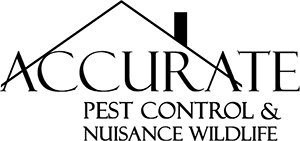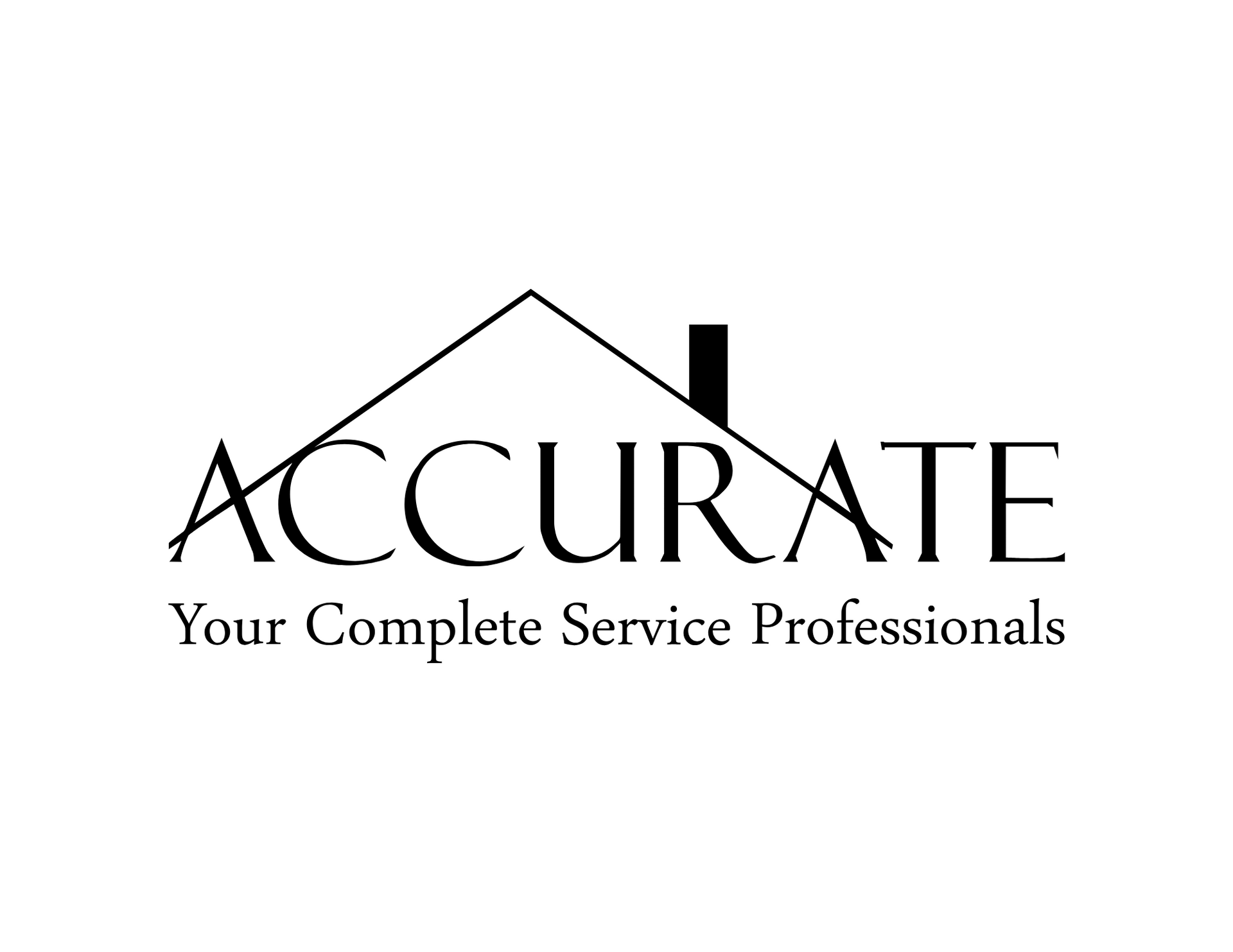Understanding the Health Hazards of Mold and the Importance of Professional Remediation
Pest Control, Wildlife Exclusion Services, Residential/Commercial Construction, Mold Restoration and Fire & Water Damage Repair
Mold is a common but serious problem in both residential and commercial buildings across Upstate New York.

Often caused by moisture buildup from leaks, flooding, or poor ventilation, mold can spread quickly if not properly addressed. While some molds are relatively harmless, others can pose significant health risks to occupants. Here’s what you need to know about the health hazards of mold and how professional remediation can help safeguard your property and health.
Health Hazards of Mold
- Respiratory Issues: Mold releases spores into the air, which can be inhaled by building occupants. For many, this leads to symptoms such as coughing, wheezing, and throat irritation. People with asthma or other pre-existing respiratory conditions may experience more severe reactions, including difficulty breathing and increased asthma attacks.
- Allergic Reactions: Even if you don’t have a respiratory condition, mold can still cause problems. Mold spores are a common allergen, triggering symptoms like sneezing, runny nose, and itchy eyes. Some people may develop mold allergies after prolonged exposure, worsening their reactions over time.
- Toxic Mold Exposure: Certain types of mold, such as Stachybotrys chartarum, often referred to as “black mold,” can produce mycotoxins. These toxic substances can lead to more severe health issues, including chronic fatigue, headaches, and neurological problems. Prolonged exposure can even result in long-term health complications.
- Skin Irritation: Direct contact with mold can cause skin rashes or irritation. This can occur when touching contaminated surfaces or through contact with mold spores in the air. Those with sensitive skin or pre-existing skin conditions are more susceptible to these effects.
- Worsening of Chronic Conditions: For individuals with compromised immune systems or chronic illnesses, mold exposure can exacerbate existing health problems. This includes worsening symptoms of autoimmune diseases or increasing the risk of infections in those with weakened immune defenses.
How Professional Mold Remediation Can Help
Hiring a professional mold remediation company is crucial for effectively addressing mold issues. Here’s why:
- Comprehensive Inspection: Professionals use advanced tools and techniques to identify all mold sources, even those hidden behind walls or in HVAC systems. This ensures that all mold is detected and addressed.
- Safe Removal: Trained technicians follow industry standards to remove mold safely, preventing the spread of spores during the cleanup process. This reduces the risk of further contamination.
- Moisture Control: Professionals identify and address the underlying moisture issues that caused the mold growth, helping to prevent future outbreaks. This might include repairing leaks, improving ventilation, or installing dehumidifiers.
- Air Quality Improvement: Mold remediation companies use specialized equipment to clean and purify the air, removing lingering spores and improving indoor air quality. This step is vital for reducing the risk of health problems after remediation.
- Preventative Measures: A professional company will offer advice and solutions to help you prevent future mold growth. This might include regular inspections, moisture control strategies, or recommendations for maintaining optimal indoor humidity levels.
By understanding the health risks associated with mold and taking proactive steps to address it, you can protect both your property and the health of those who live or work there. For effective mold remediation, always consult with a qualified professional who can ensure that your environment is safe and healthy.





